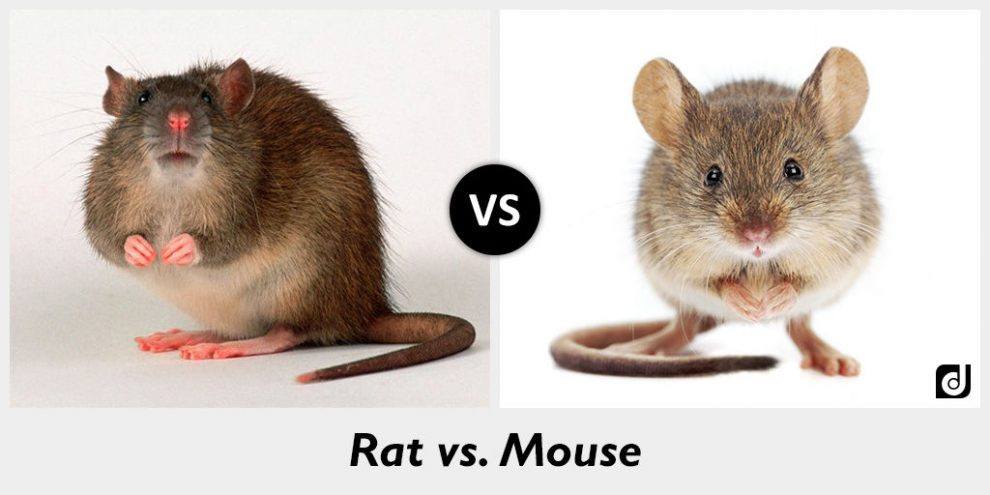Have you noticed any of these signs around your home? Droppings on the cupboard, scratching in the walls or evidence of nibbling around your home. While you never want mice or rats in your home, it can be very important to recognize which rodent you are dealing with when it comes to extermination and control.
Have you noticed any of these signs around your home? Droppings on the cupboard, scratching in the walls or evidence of nibbling around your home. While you never want mice or rats in your home, it can be very important to recognize which rodent you are dealing with when it comes to extermination and control.
Both mice and rats leave behind dangerous droppings. The droppings are so dangerous it is suggested that you wear a mask and gloves when dealing with them. Both pests contaminate food sources and countertops and are known to chew through electrical wires, posing a fire hazard. Mice and rats reproduce quickly and will do so at any time during the year. Mice have babies more frequently, about 5-10 times a year, having an average of 6-8 young per litter. Rats breed about five times a year with each litter consisting of up to 14 young. Both of these crawly, critters carry potential diseases and parasites and neither is a welcomed guest in most homes.
While there are some similarities between mice and rats, there are several differences.
-
Rats are quite a bit larger than mice. Mice are about 2 ½-3 ¾ inches long, while rats can be upwards to 11 inches long (plus a 7-9 inch tail).
-
Bigger rodents also equal large droppings. Rat droppings will obviously be quite a bit bigger than those that mice leave behind.
-
Because mice are smaller in size, they can maneuver through smaller spaces and can gain access to your home through smaller holes and gaps. Mice can wiggle through a hole about ¼ of an inch whereas rats need twice as much room to crawl through.
-
Rats are known for their climbing skills, while mice can jump more than a foot in the air.
-
Rats prefer to feast on meats and grains while mice prefer grains and plants. Of course, either one of them will eat anything.
-
Rats tend to live longer than mice with the average lifespan of a rat being 18 months while mice live about 9-12 months.
There are some things you can do around your home to prevent both of these critters.
-
Make sure your floors are swept, mopped and free of crumbs.
-
Store all food in airtight containers.
-
Seal up any holes, cracks or crevices in and around your home.
-
Keep trash in a covered container and take it out on a regular basis. Make sure outside trash can lids fit tightly and securely with no holes or other entry points.
The more important and most effective thing you can do to prevent or eliminate mice and rats is to hire a professional. Not only can they help you keep these rodents from getting in but they can get rid of them safely and quickly, saving you a lot of time, hassle and money in the long run. Contact Rottler today to learn more about our rodent control services!


